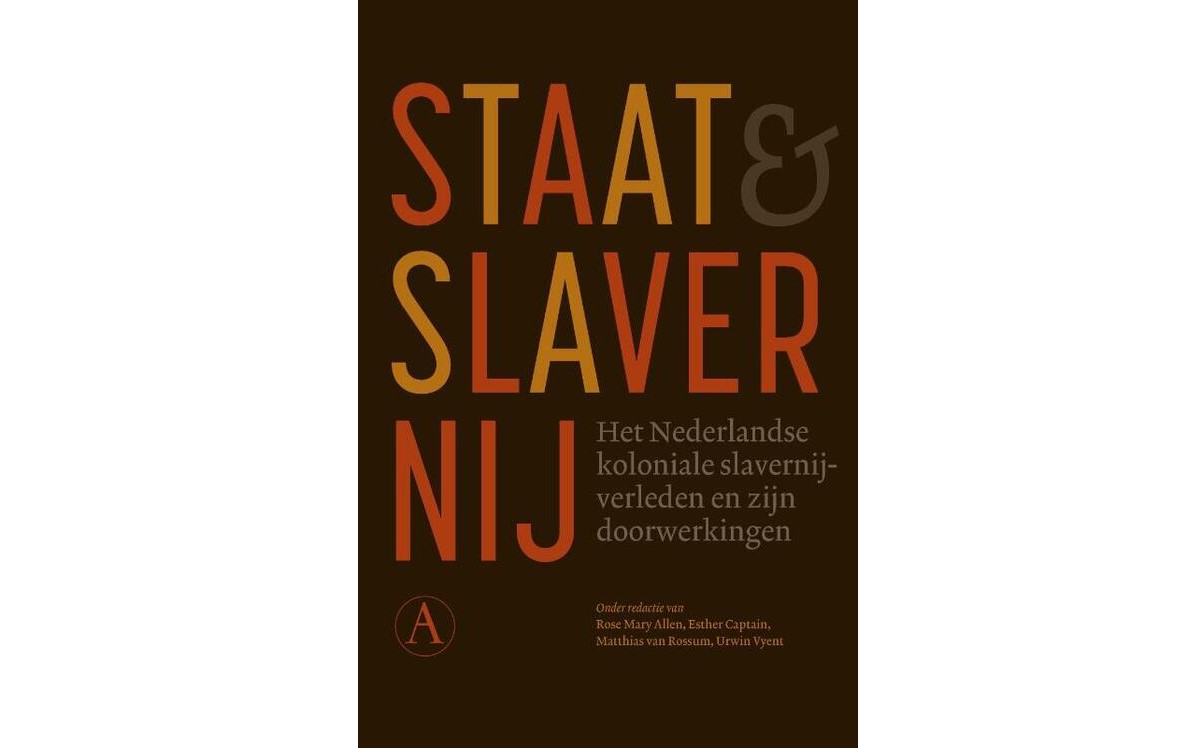Staat en Slavernij
State and Slavery details how the Dutch state and its predecessors were involved in colonial slavery. It describes how different stakeholders, such as enslaved people, administrators, and entrepreneurs in the Dutch Republic and in colonized societies responded to slavery. The project has the dual aim to explore current research into the Dutch colonial slavery past and the latter’s impact on contemporary societies through the publication of State and Slavery and, additionally, to draft an agenda for future research into Dutch slavery practices.
The International Institute of Social History collaborates in the project State and Slavery. The IISH collaborates in this project with the Royal Netherlands Institute of Southeast Asian and Caribbean Studies (KITLV) in Leiden (host institution), University of Curaçao and National Institute for the Study of Dutch Slavery and its Legacy (NiNsee).
The editorial board and ‘regiegroep’ of the State and Slavery project consists of Esther Captain (KITLV, host institution), Rose Mary Allen (UoC), Matthias van Rossum (IISH) and Urwin Vyent (NiNsee). The team is complemented by Eva Thielen (KITLV) and Myrthe Kraaienoord (KITLV).
More information: https://www.staatenslavernij.nl/state-and-slavery/
State and Slavery is funded by the Ministry of the Interior and Kingdom Relations (BZK). The project is executed by the KITLV, IISH, UoC and NiNsee as independent scholarly parties.
The project
The project was launched on 1 October 2022. The project has been commissioned by the Ministry of Interior and Kingdom Relations (BZK), as a direct result of a motion filed by Dutch parliamentary Don Ceder. The motion asks the Dutch government to present the results of independent national research into the history of slavery and into "what took place at the time of slavery, on behalf of whom and how”.
State and Slavery
The publication State and Slavery is an exploration of the current state of research on the Dutch slavery past and its ramifications. It shows which research exists and how it has been conducted and points out where the knowledge gaps are. The research explores the entire history of colonial slavery in (former) Dutch territories. In doing so, the research also focuses on the effects of the slavery past felt today. State and Slavery speaks of colonial slavery, rather than slavery, referring to the forms of slavery that emerged from European colonial expansion from the fifteenth century up until the end of the nineteenth century. The impact Dutch slavery has had on the world and the people in it already started at the earliest enslavement of people in Africa, was intensified during the slavery period, and continued to affect people’s lives thereafter. Thus, colonial slavery has had a major impact on politics, economics, culture, and society. To comprehend the extent of this impact, State and slavery looks at both the period of slavery and slave trade, and its abolition and afterlives in our contemporary society. By exploring such a major time period, State and Slavery manages to also explore other forms of forced labour and exploitation that existed during and after slavery. The book will additionally address former colonized areas in both the Atlantic and Indian Ocean and thereby provide some insights into the differences, similarities, and connections between these areas.



